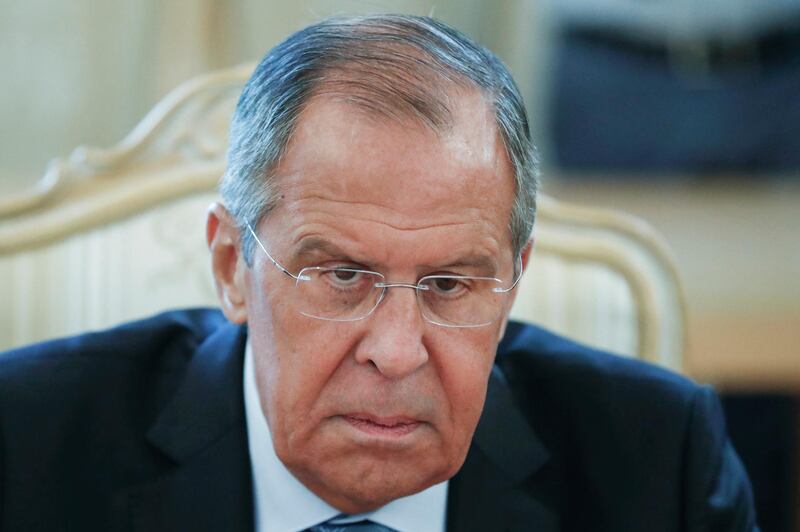Afghanistan will not attend peace talks hosted by Russia, two senior government officials said on Wednesday, a decision that could scupper Moscow’s plans for a multinational conference also involving the Taliban to discuss the future of the country.
The decision not to attend the Moscow conference scheduled for September 4 came just hours after Afghanistan’s top security official said he hoped Russia could press the Taliban insurgents into joining peace talks with the Kabul government.
Russia has invited 12 countries, including the United States, to the Moscow talks but Washington has also declined to attend. The Taliban, which this week rejected a government offer of a three-month ceasefire, have yet to say whether they will attend the Moscow talks.
_______________
Read more:
[ With elections looming, Ashraf Ghani has yet to tackle insurgency despite campaign promise ]
[ Rockets hit diplomatic area of Afghan capital as president gives Eid address ]
_______________
“We have decided against attending the Moscow conference,” said an official of the Afghan foreign ministry, adding that the government would “hold direct talks” with the Taliban without the direct involvement of foreign powers.
The official gave no reason for the decision.
A senior Kabul-based foreign diplomat whose country is among those invited to the Moscow talks said Russia would now have to “rethink the plans to hold their talks with the Taliban”.
“It’s no point holding talks about Afghanistan if the leaders of the country are not attending it,” the diplomat said, speaking on condition of anonymity.
The Russian Embassy in Kabul was not immediately available to comment.
On Tuesday, Russian foreign minister Sergei Lavrov told Russian media that representatives of the Taliban planned to take part in the Moscow peace talks.
On Wednesday Afghan national security adviser, Hanif Atmar, asked Russia’s ambassador Alexander Mantytski “to put pressure on Taliban insurgents to begin negotiations with the Afghan government”, Mr Atmar’s office said.
According to a senior diplomat in Kabul, Moscow in recent months has stepped up direct contacts with the Taliban, which is formally banned in Russia.
This year, Russia rejected an accusation by NATO’s top commander in Afghanistan that it had been supporting and even supplying weapons to the Taliban.
Nearly 40 years have passed since Moscow sent its troops into Afghanistan, beginning a bloody decade-long occupation and factional conflict which is still going on.
A Western diplomat in Kabul said Russia was seeking to increase its influence and improve its image in Afghanistan by inviting Taliban leaders for talks.
The Taliban said this week they would press on with their war despite the government’s offer of a ceasefire following a series of militant attacks in which hundreds of people have been killed.
Back-channel diplomacy between the Taliban and a range of countries — including the United States, Turkey and Saudi Arabia — has taken place over the years to end the latest phase of Afghanistan’s decades of war, which began with a US invasion in 2001.





